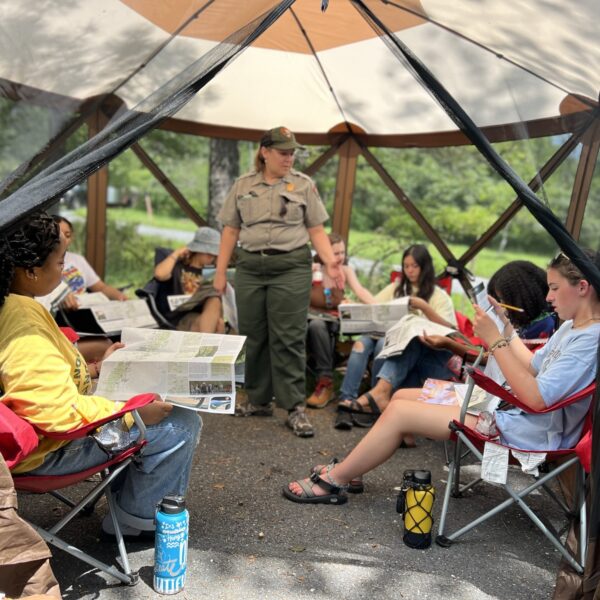
NATIONAL PARKS BELONG TO ALL AMERICANS. BUT TODAY, NOT ALL AMERICANS HAVE ACCESS TO THEM.
At Shenandoah National Park Trust, we believe that every person—regardless of background, income, ability, or familiarity with the outdoors—deserves the opportunity to experience the wonder and freedom of Shenandoah National Park. Yet many Americans continue to face barriers that limit their access to our public lands.
In recent years, we noticed a troubling gap between the young people attending one-day educational programs and those participating in immersive, multi-day learning and work experiences in the park. To close that gap, the Trust launched the Access to the Outdoors Fund, a dedicated resource to help remove the obstacles—both visible and invisible—that prevent many from connecting deeply with nature.
With this fund, we support transportation, entry and camping fees, meals, programming, and wilderness experiences for those who might not otherwise have the opportunity or means to visit Shenandoah. Barriers such as cost, limited mobility, unfamiliarity with outdoor environments, and a legacy of exclusion and underrepresentation continue to impact who feels welcome—and who can realistically access—our parks.
We know that not all communities face the same barriers. But for too many Americans, even one of the following can be a significant hurdle:
- Lack of transportation
- Financial constraints (gear, meals, park fees)
- Personal or perceived safety concerns
- Unfamiliarity with outdoor norms and navigation
- Historic patterns of discrimination and segregation
- Disabilities or injuries that affect access to trails and facilities
The Access to the Outdoors Fund exists to help change that. Separate from our general educational programming, this fund allows us to work directly with trusted community partners to create customized, meaningful park experiences that are culturally relevant, inclusive, and supportive.
This important work is made possible through the generosity of the Christopher Johnson McCandless Memorial Foundation, whose $150,000 gift in memory of Chris reflects his lifelong belief that the outdoors should be accessible to all.
Equitable access means ensuring every American—regardless of circumstance—has a chance to experience the peace, beauty, and personal growth that nature offers. We are proud to be part of making that vision a reality in Shenandoah.
What is equitable access to the outdoors for all Americans?
We believe that everyone should be able to experience Shenandoah in a way that is safe, relevant, and affordable to them. Both historically and presently, many barriers limit access to the outdoors – specifically Shenandoah – for some communities. These barriers include, but are not limited to:
- transportation
- cost (proper gear & clothing, entrance & camping fees, meals, transportation, etc.)
- personal safety (both real and perceived)
- familiarity with the outdoors (reading trail maps, Leave No Trace practices, wildlife safety, planning precautions, etc.)
- historic discrimination & segregation, resulting in a lack of representation in outdoor spaces
- injuries and/or disabilities that limit or inhibit someone’s ability to navigate, experience, or reach the park and its facilities

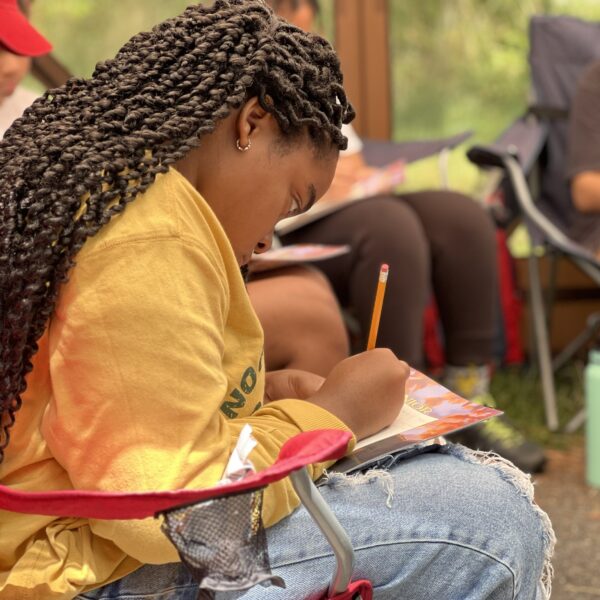
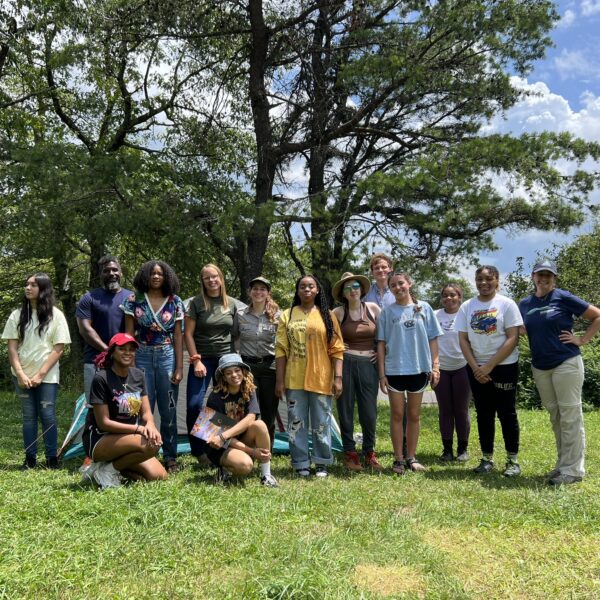
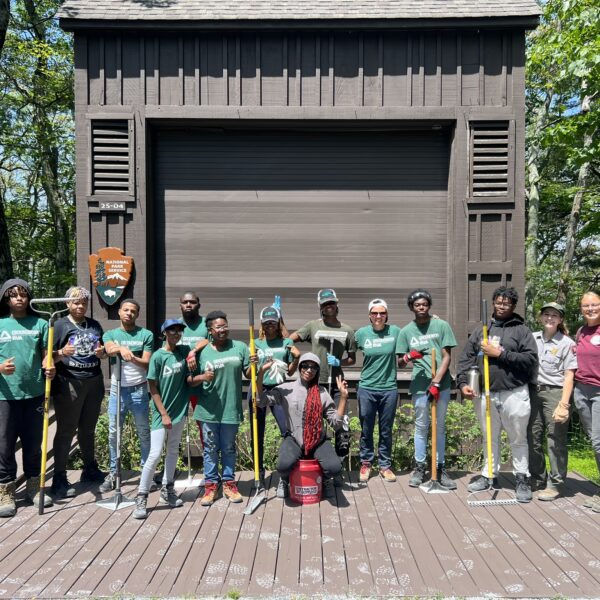
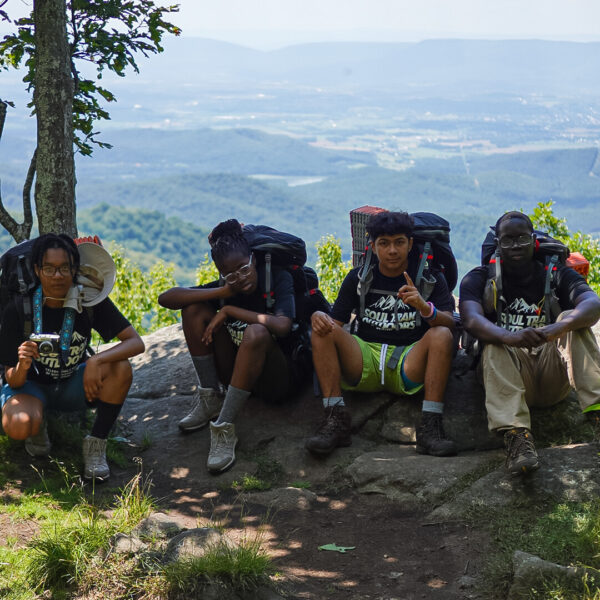
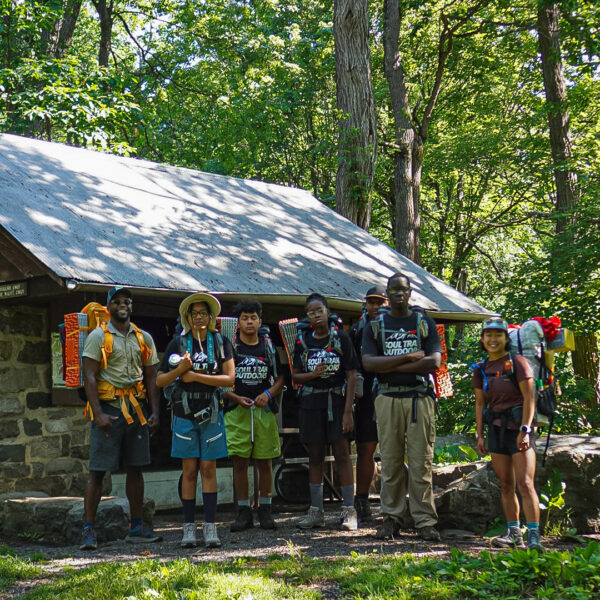
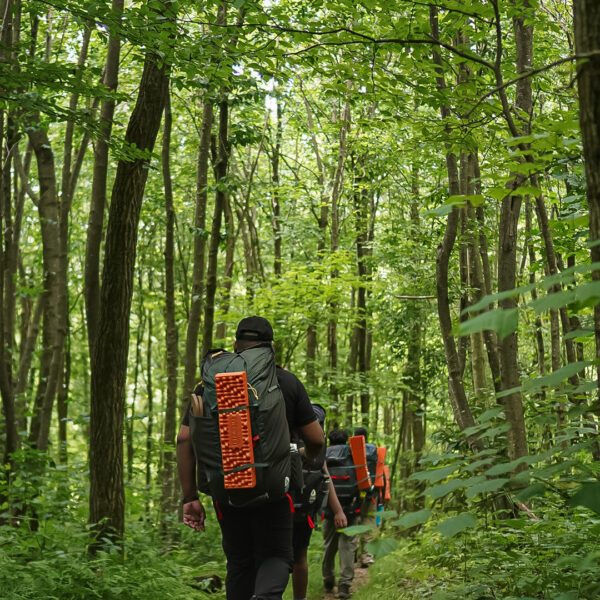
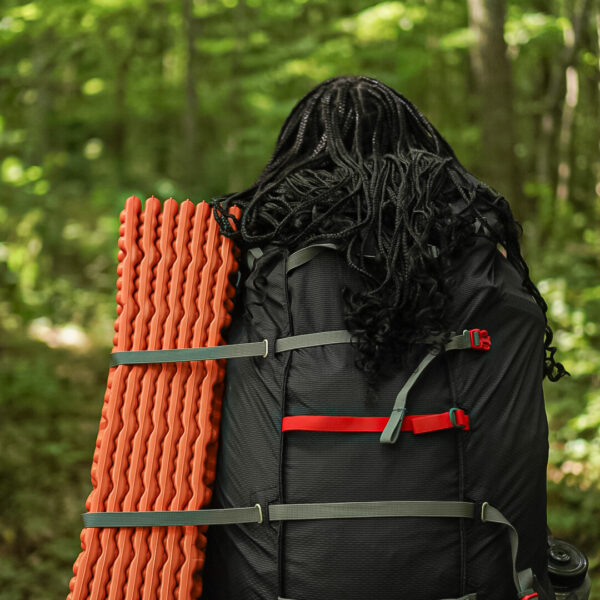
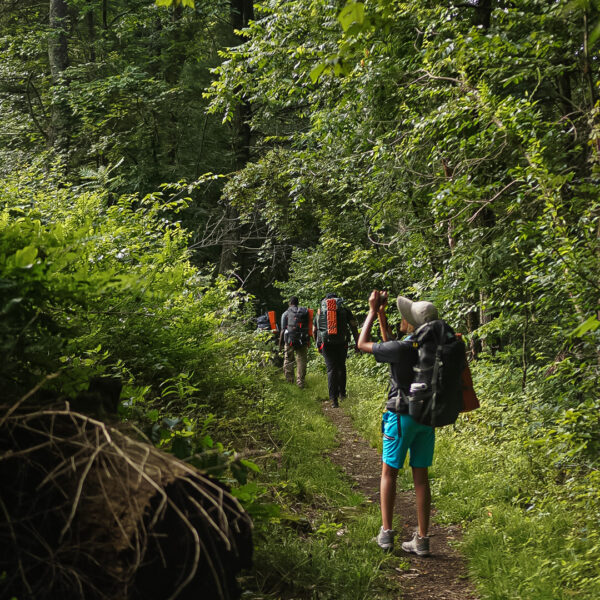
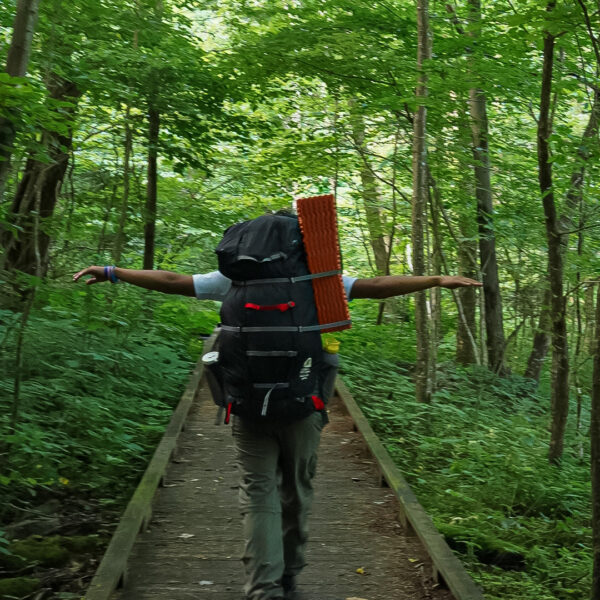




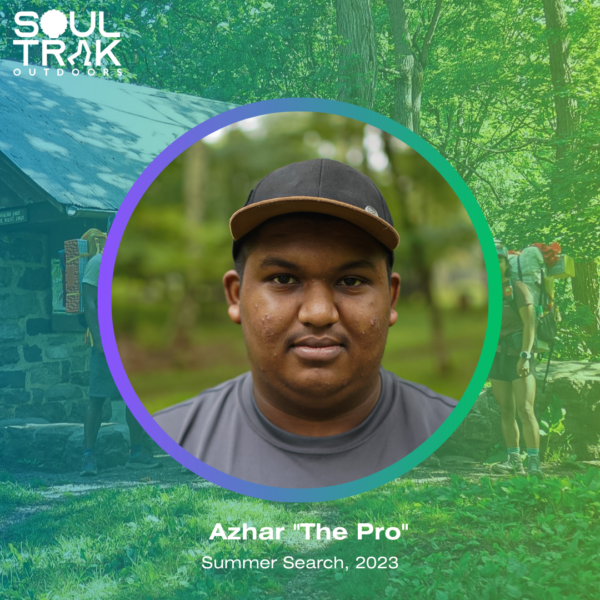
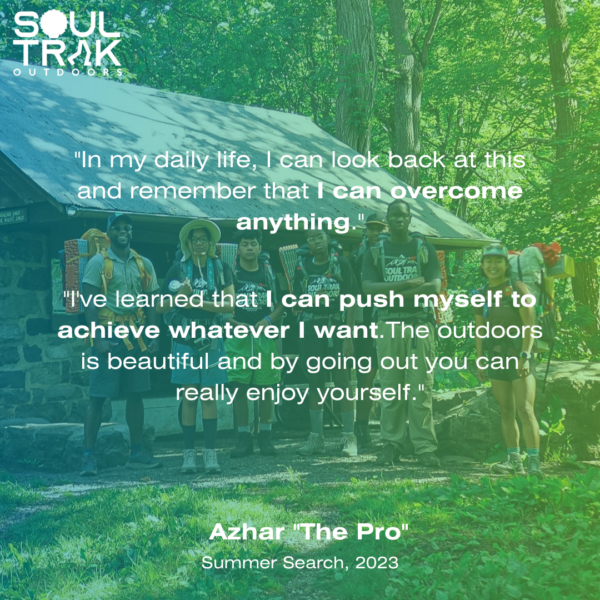
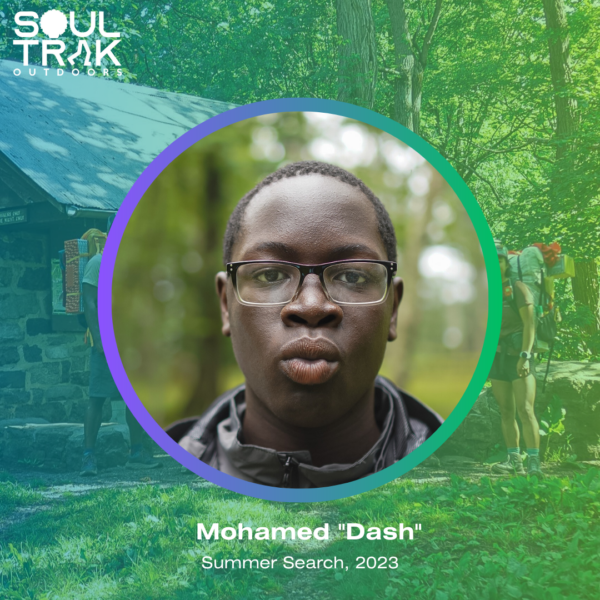
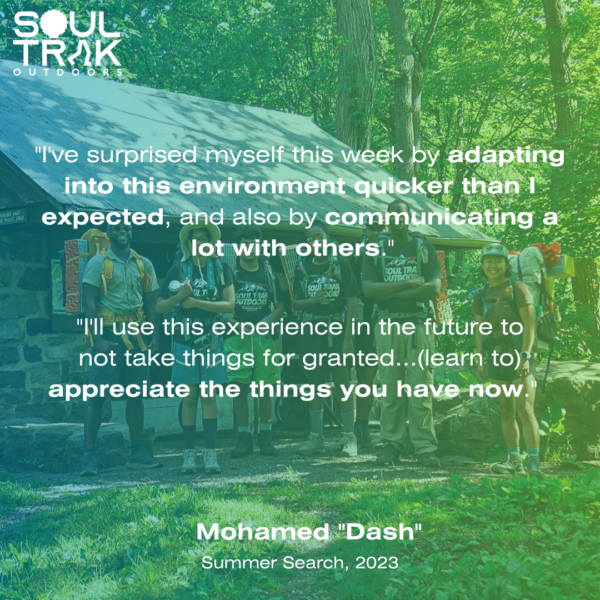
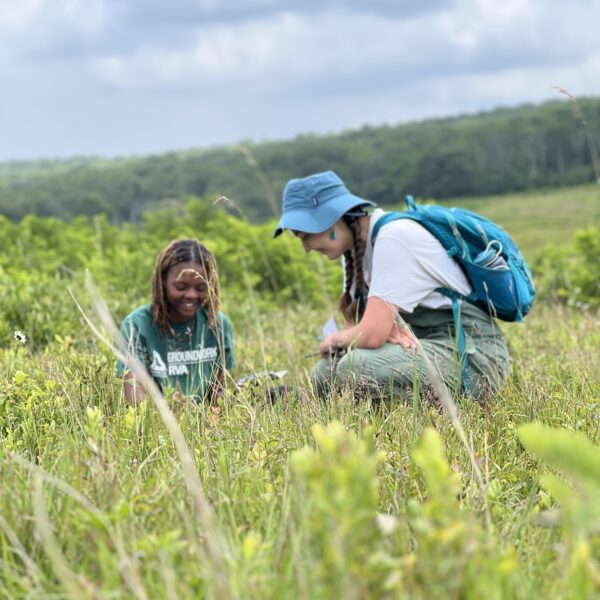
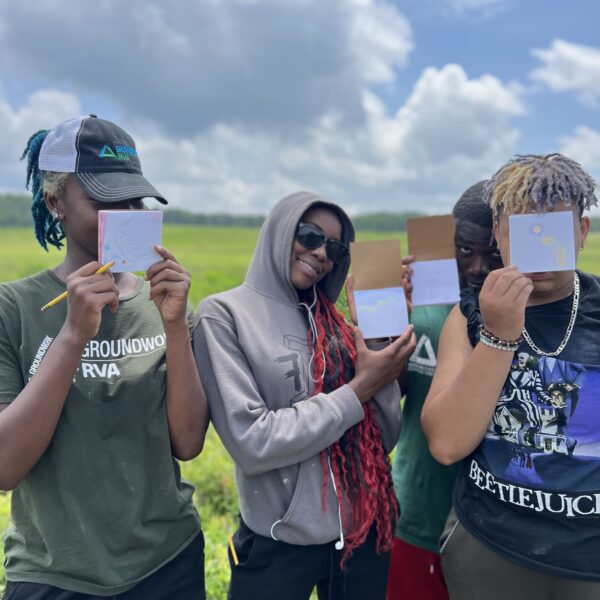
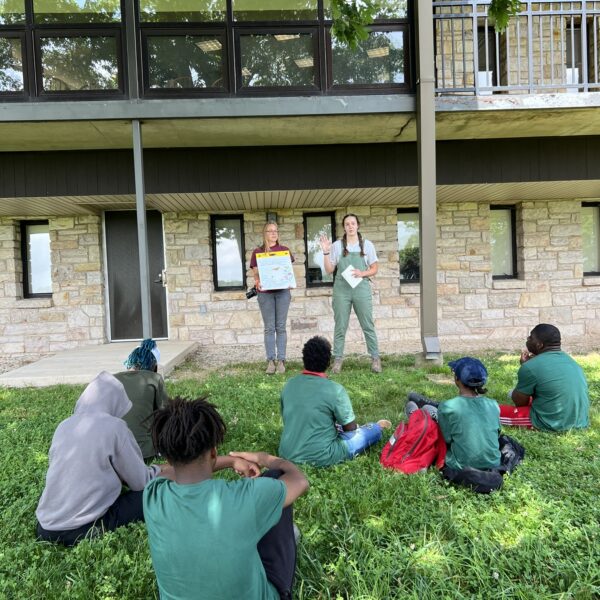
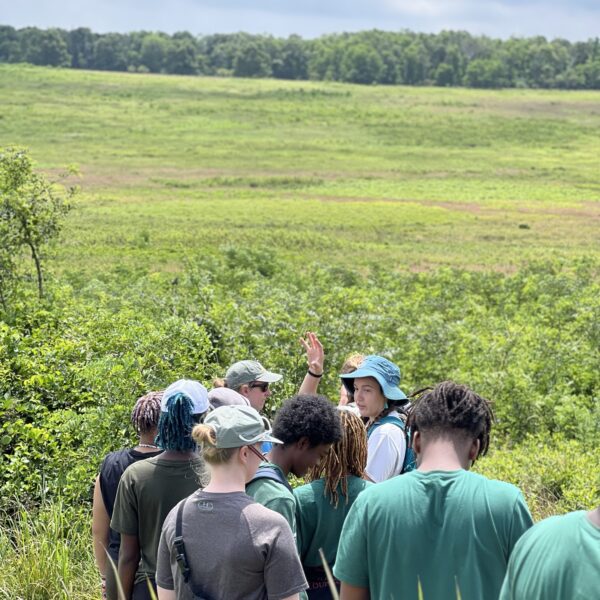
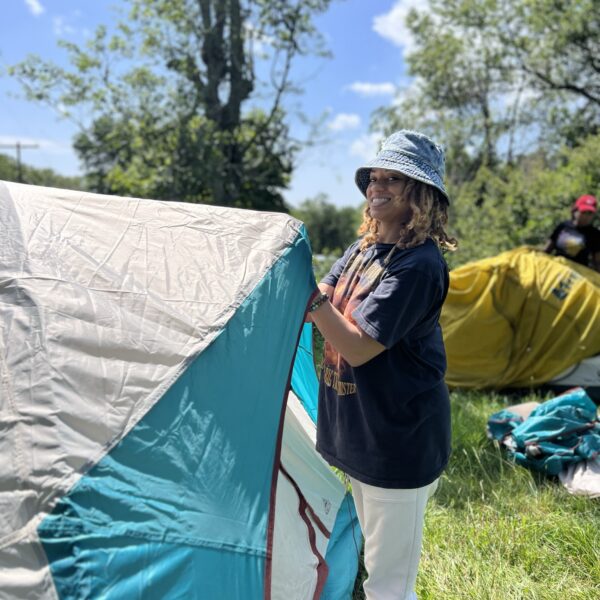
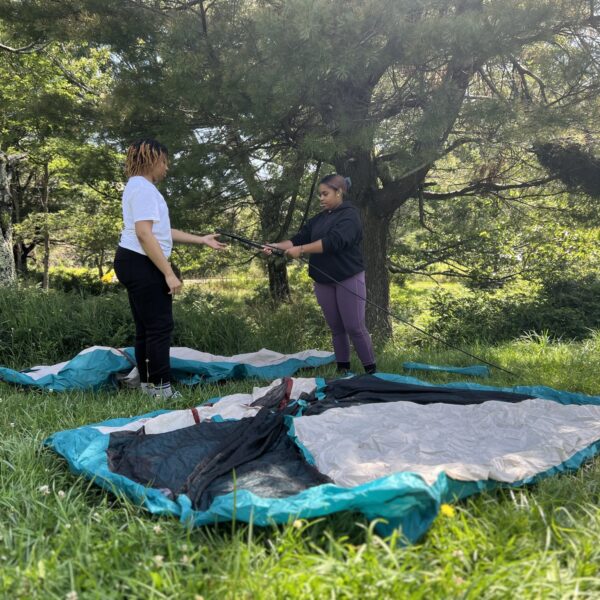
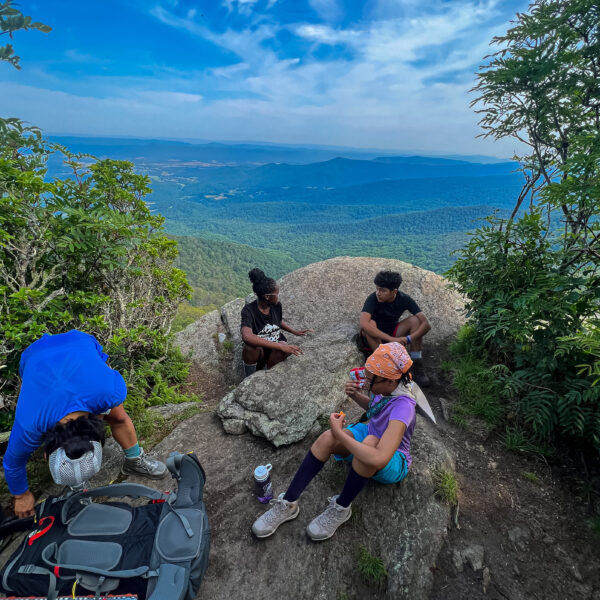
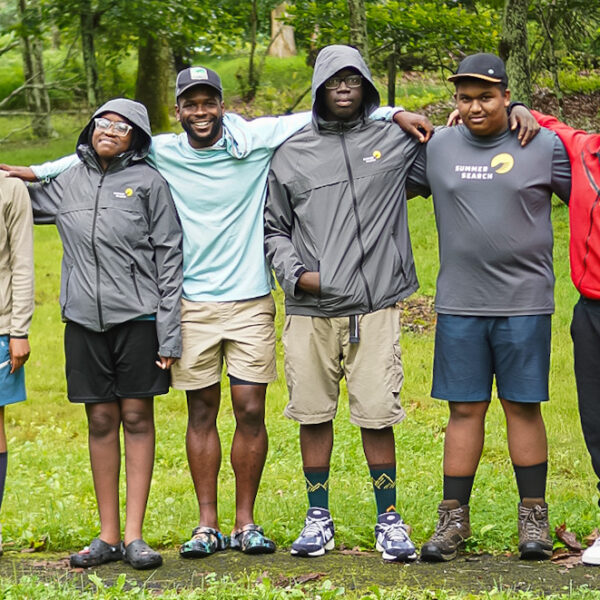
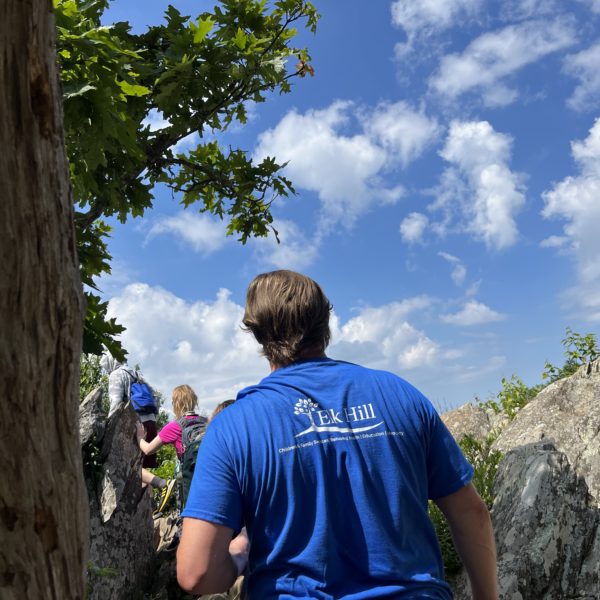
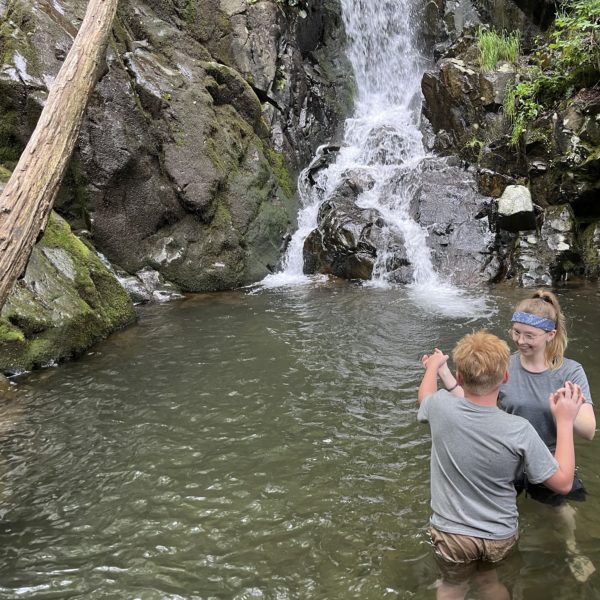
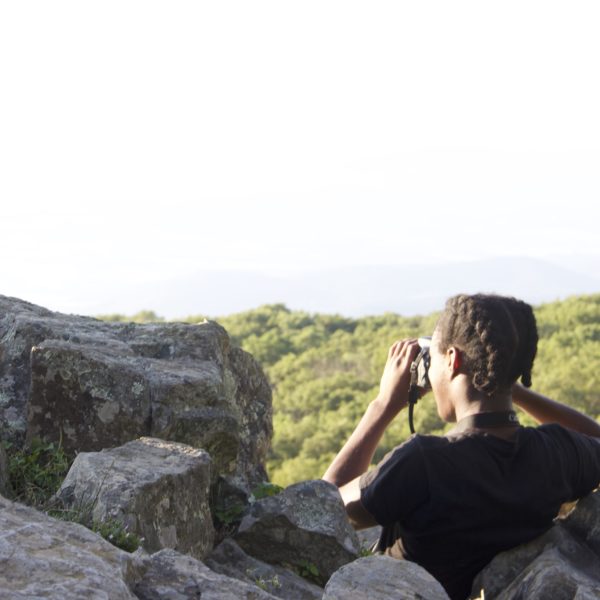
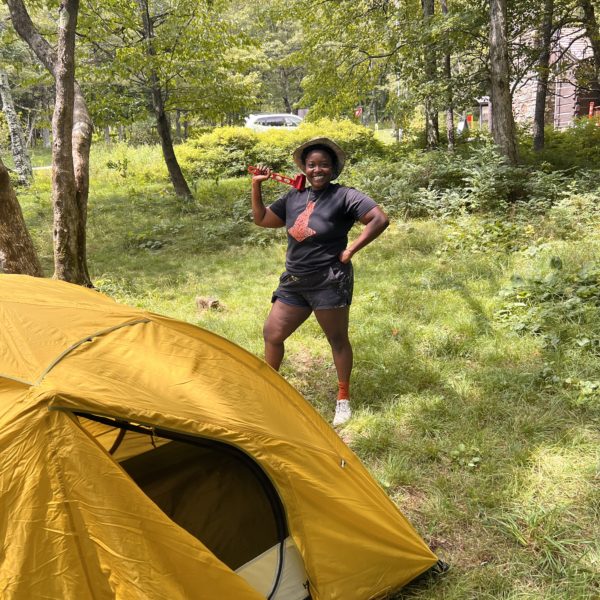
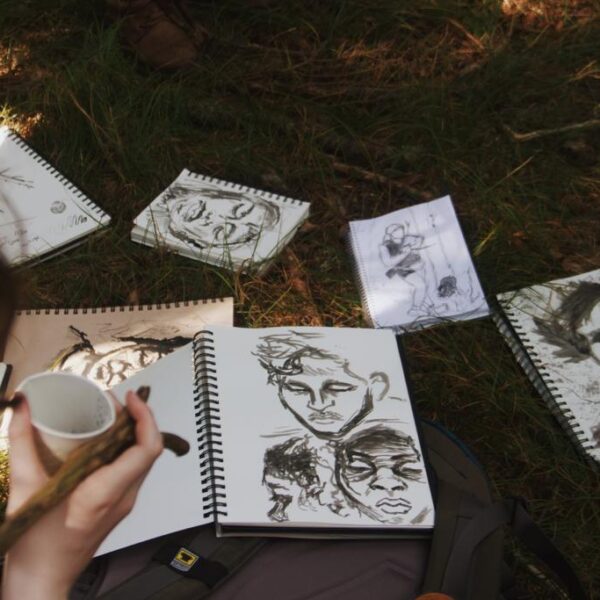
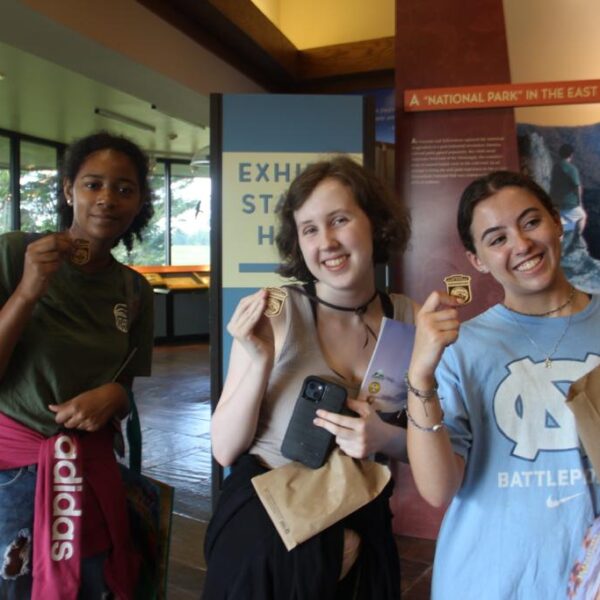
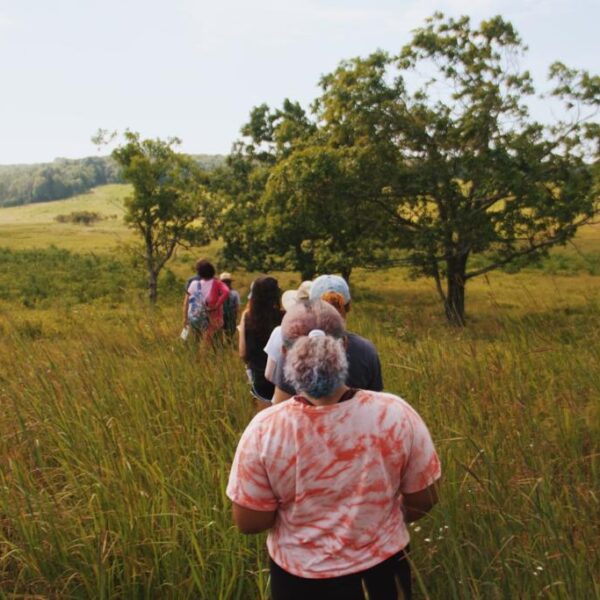
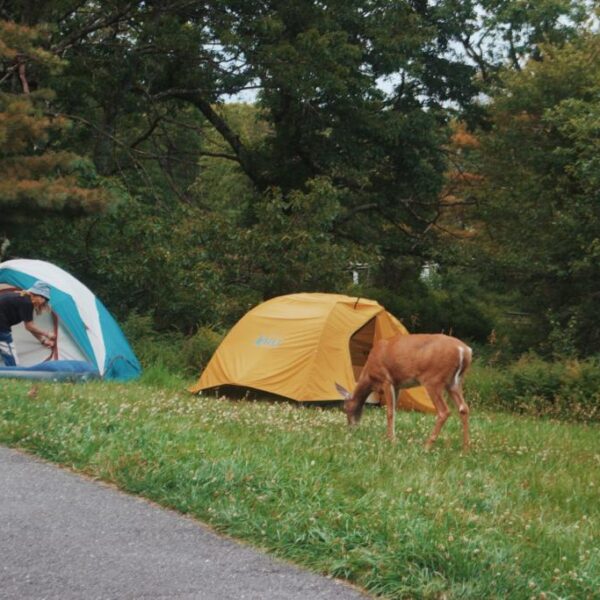
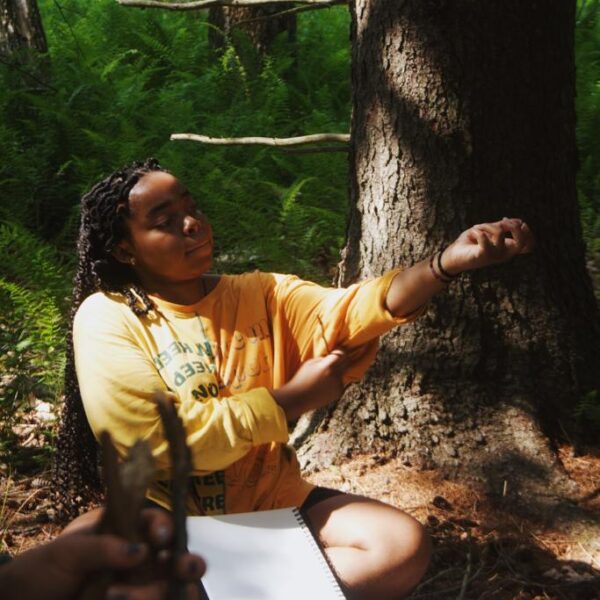
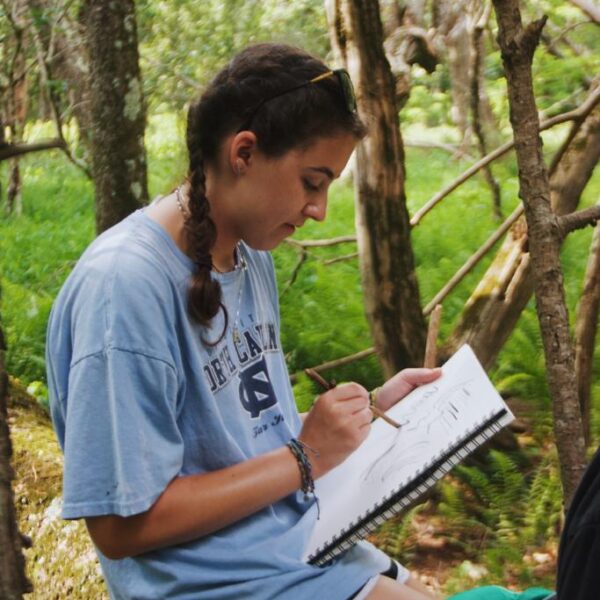
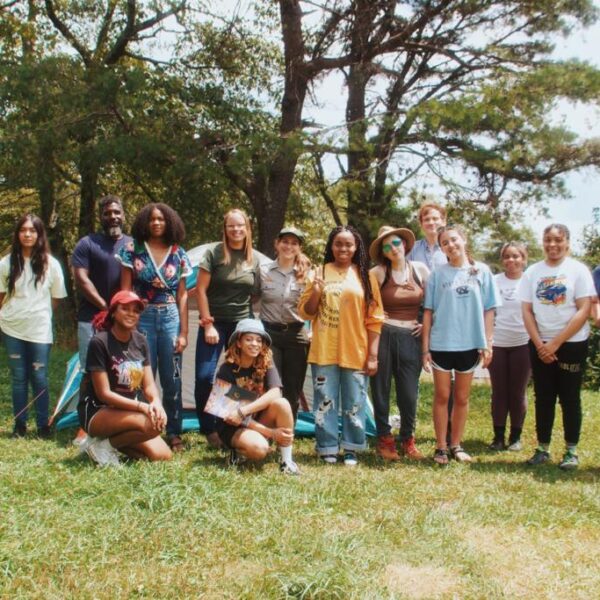
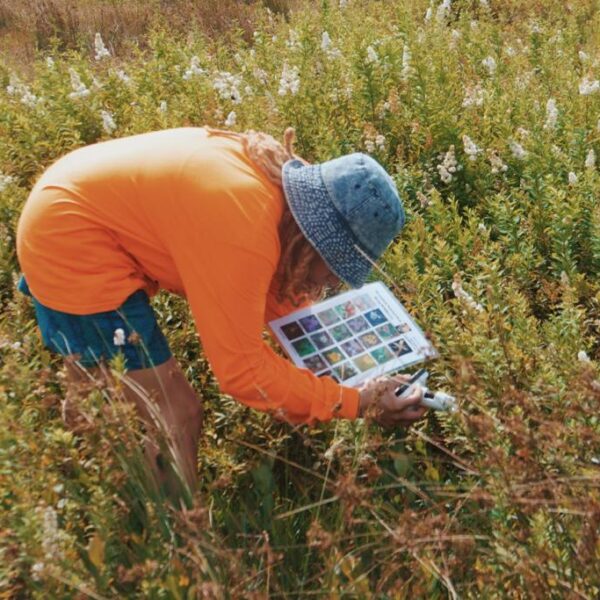
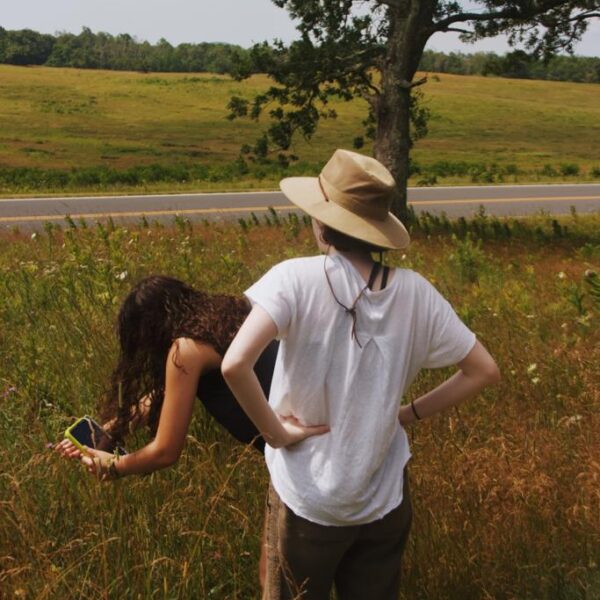
Not all communities are limited by all of these barriers – but even one might prevent an individual or group from visiting Shenandoah National Park.
We work to dismantle these barriers by partnering with established groups and organizations who are already serving young people in their communities. We meet with our partners to develop itineraries that are relevant to their interests and needs, then coordinate with park staff to prepare groups for their visit. If needed, we are on site to welcome them when they arrive at the park and make sure they feel safe, prepared, and excited about their time in Shenandoah.
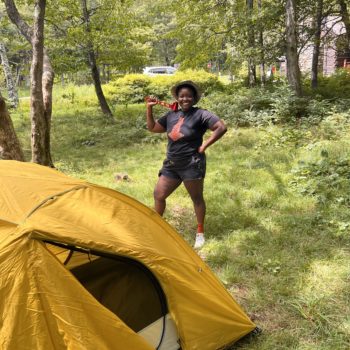
“This year, in Shenandoah National Park, it was just like magic to see the young people activated. They were relying on each other, looking out for each other. The power of them being in that space to use their voice, to rely on their own intuition, and to trust where they were even though it was an uncomfortable space they didn’t really know anything about… it really showed us why this is so needed and so necessary.”
-Nicole Jones, Deputy Director of ART 180
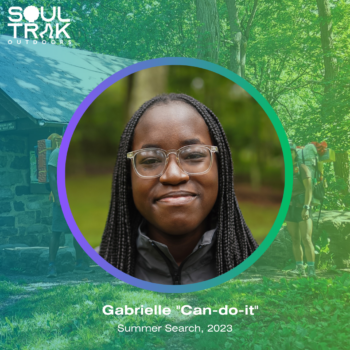
“Looking back at this week, I surprised myself by pushing my boundaries and discovering new limits for myself. I can use this experience to push myself even when things get hard, knowing that I can overcome this.”
-Gabrielle, Summer Search/SoulTrak Outdoors Participant, 2023
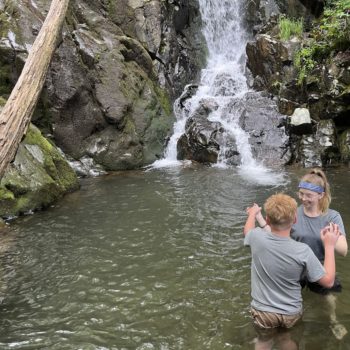
“So we’re heading out, and one of the girls is struggling with asthma but they’re all supporting her, we see snakes. But the reason I wanted to keep going was to build resilience. The biggest thing our kids need to build in their life is resiliency because they’re overcoming really big challenges in their lives. At the end of that trip, the kids were exhausted, but so proud of themselves because they had defeated this huge hike.”
-Liz Knotts, Elk Hill Prevention Services Coordinator
In the News
New Shenandoah National Park Fund clears path for underserved communities – The Northern Virginia Daily
New fund to help more people access Shenandoah National Park – WHSV3 News, Harrisonburg
SNP Trust Seeks To Improve Park Access For Underrepresented Communities – Daily News-Record, Harrisonburg
Fund working to remove access barriers to national park – CBS19 News, Charlottesville
